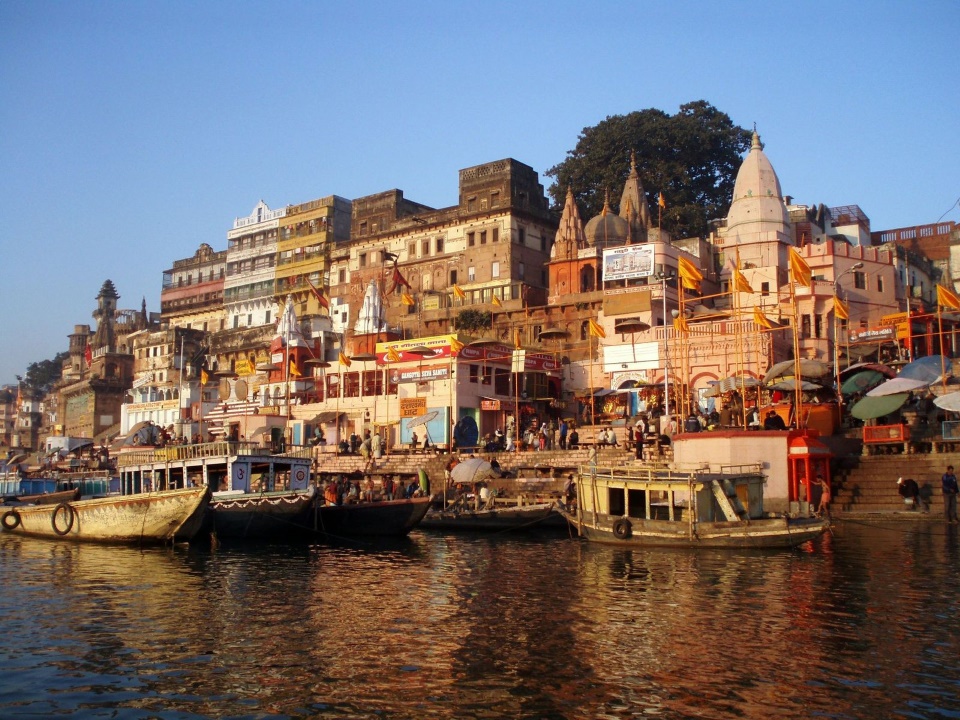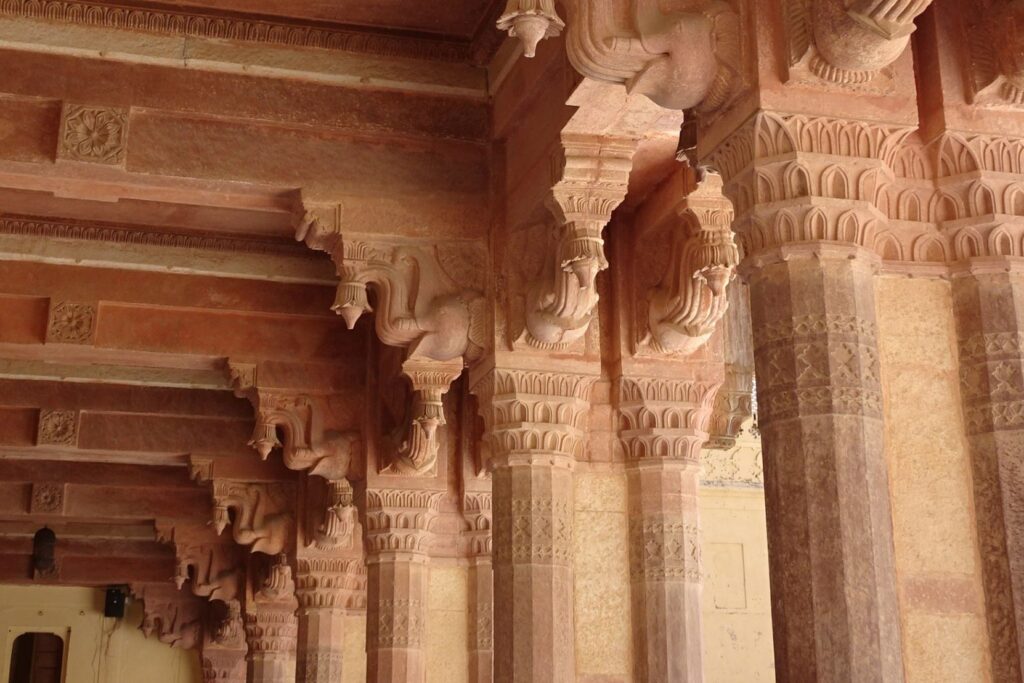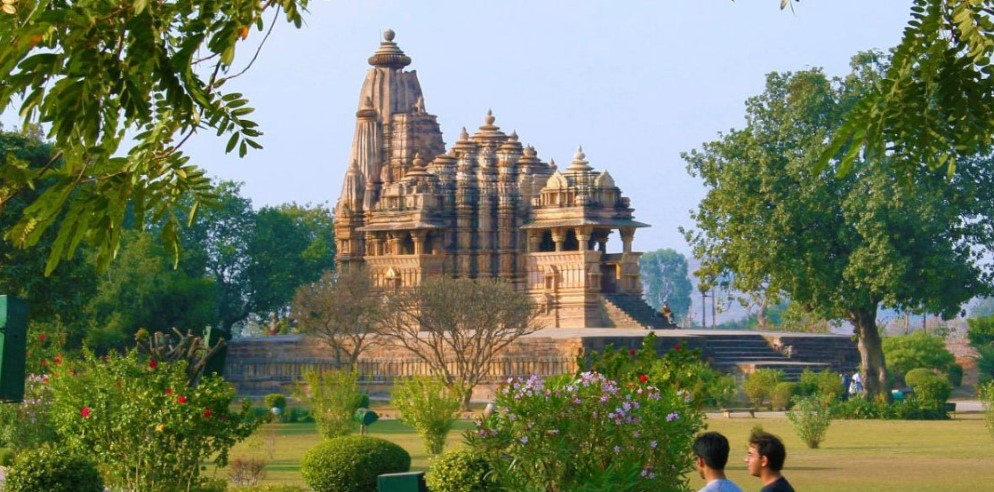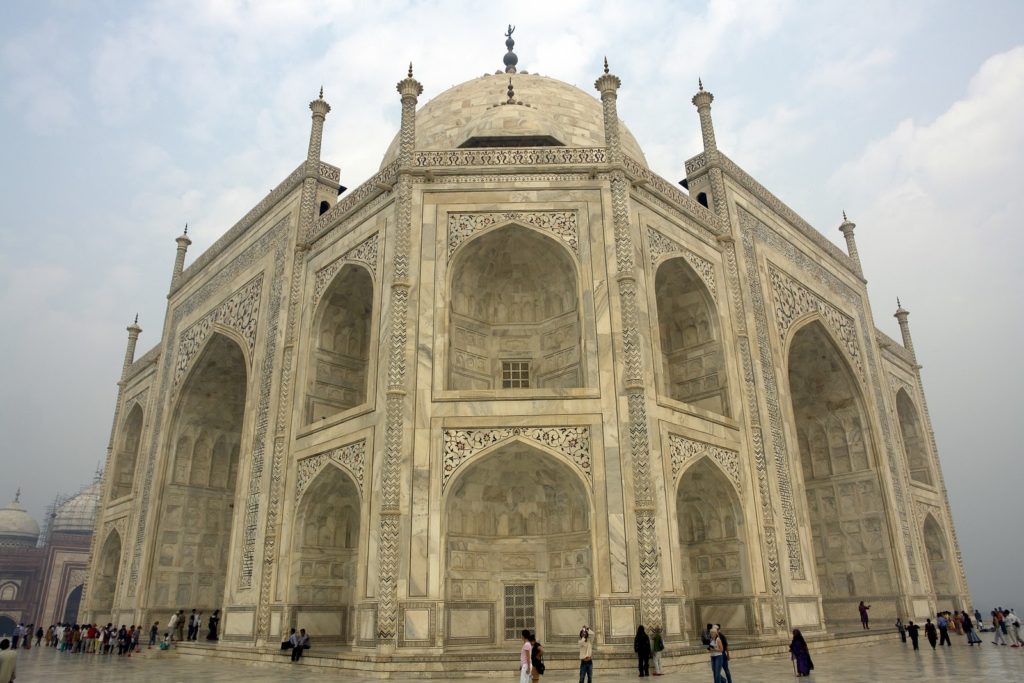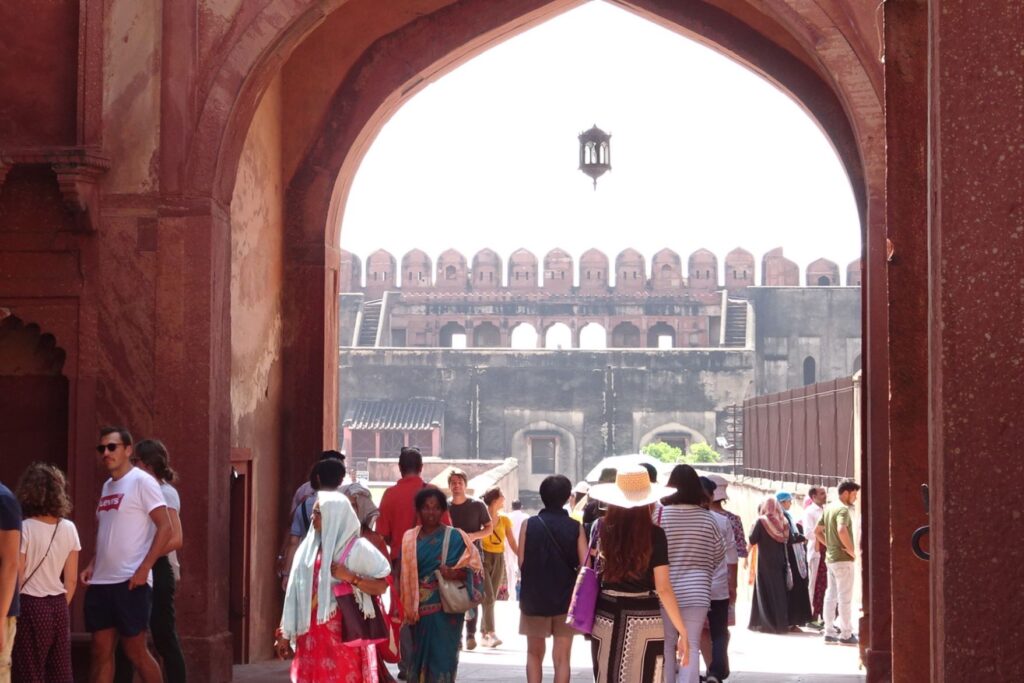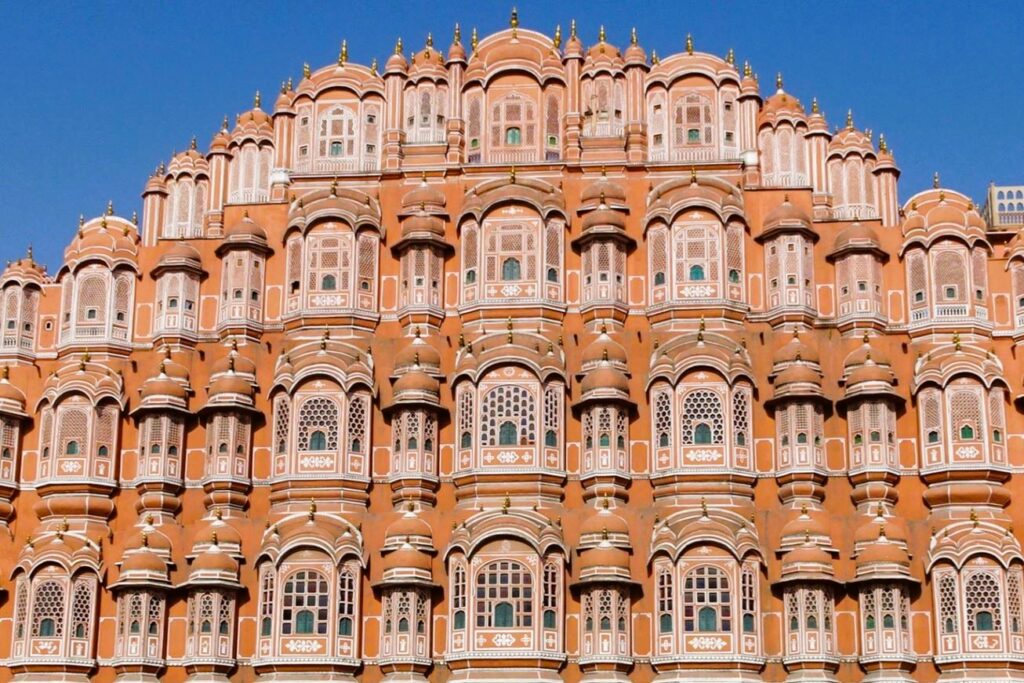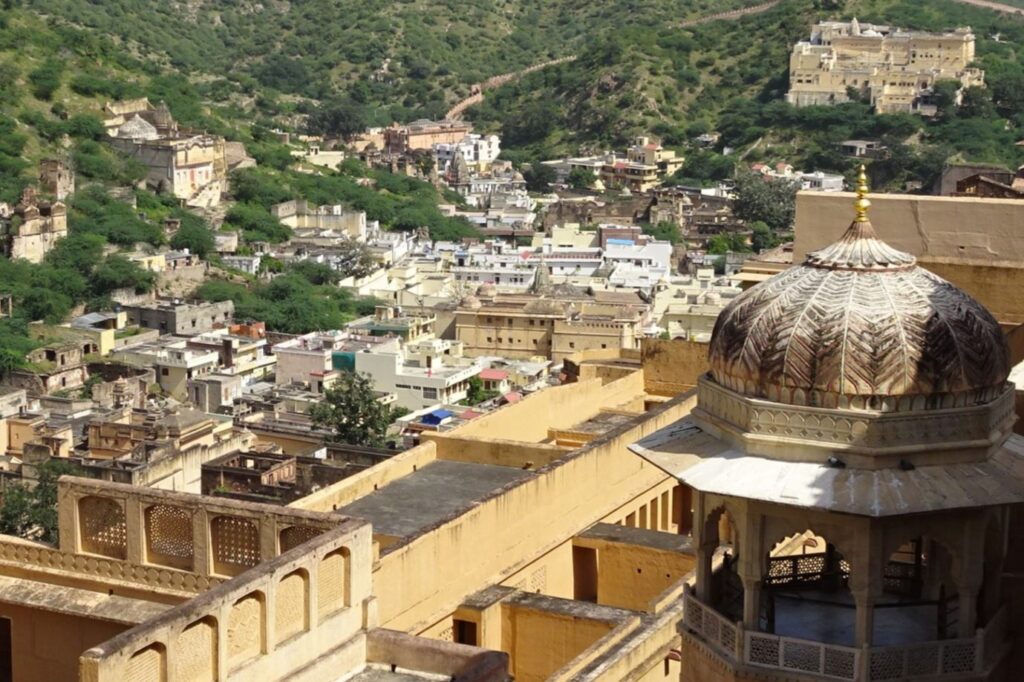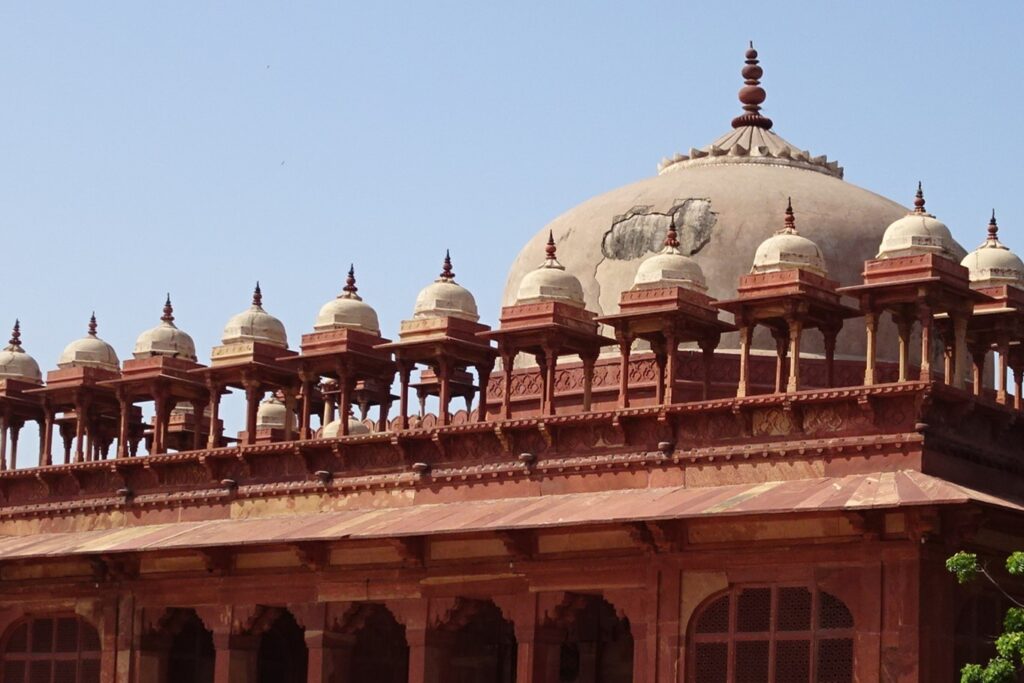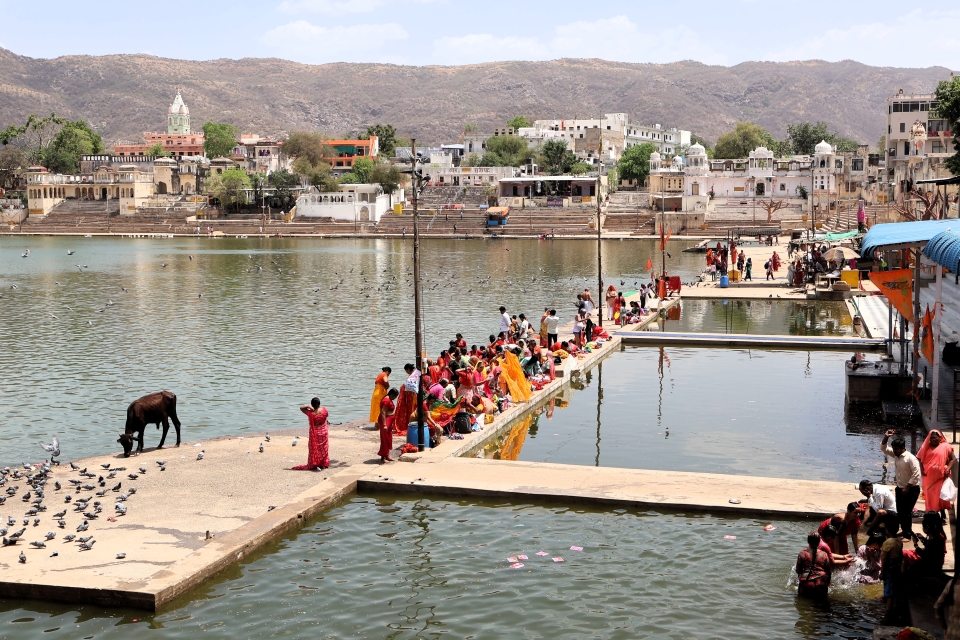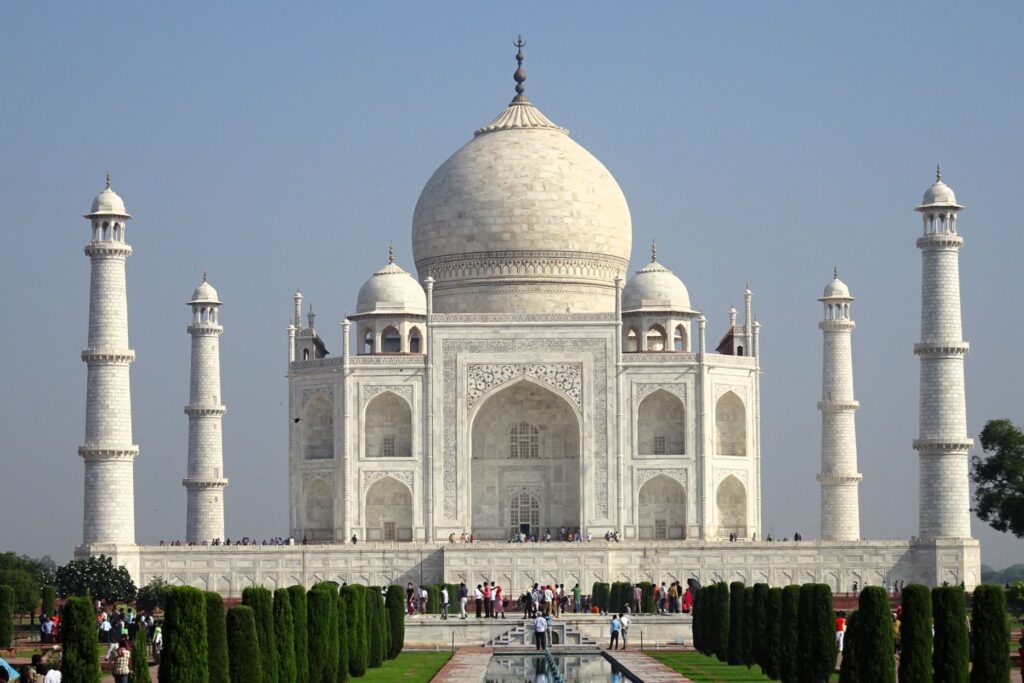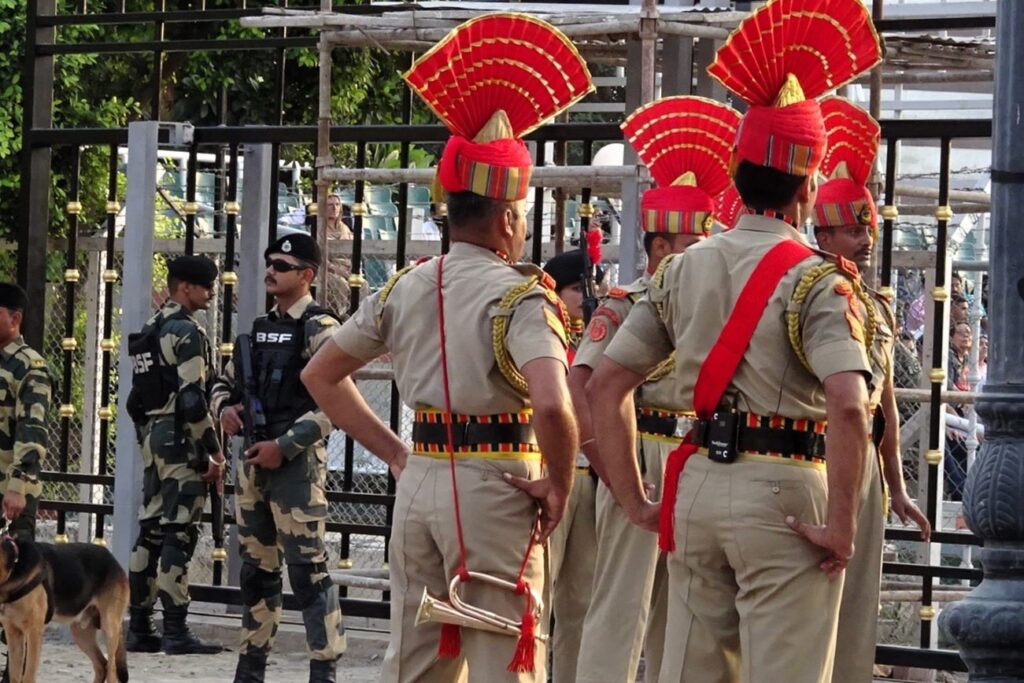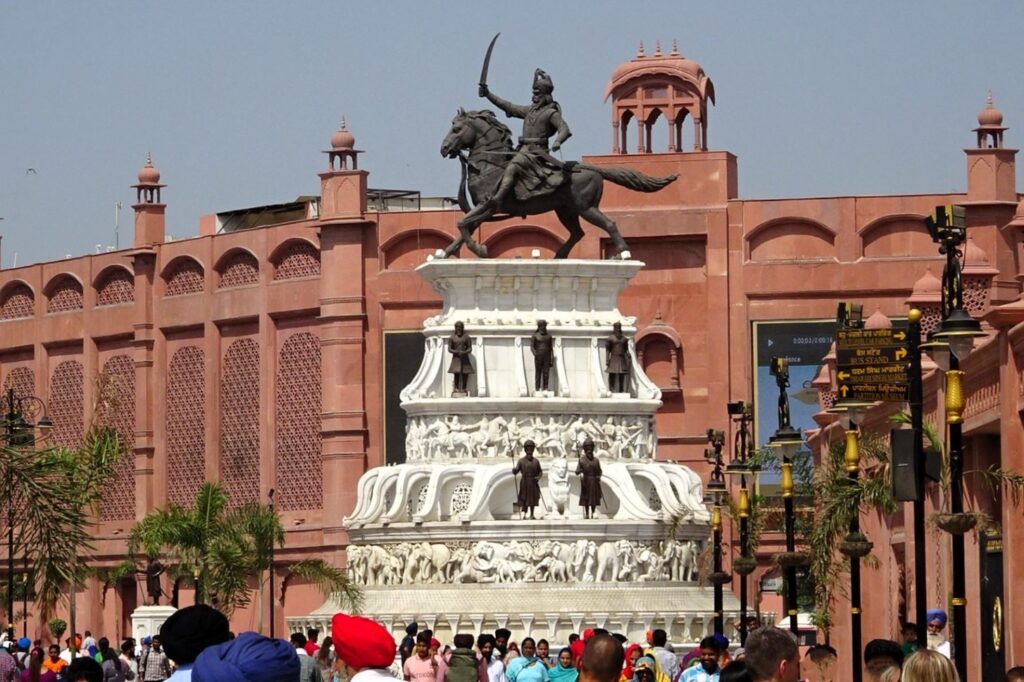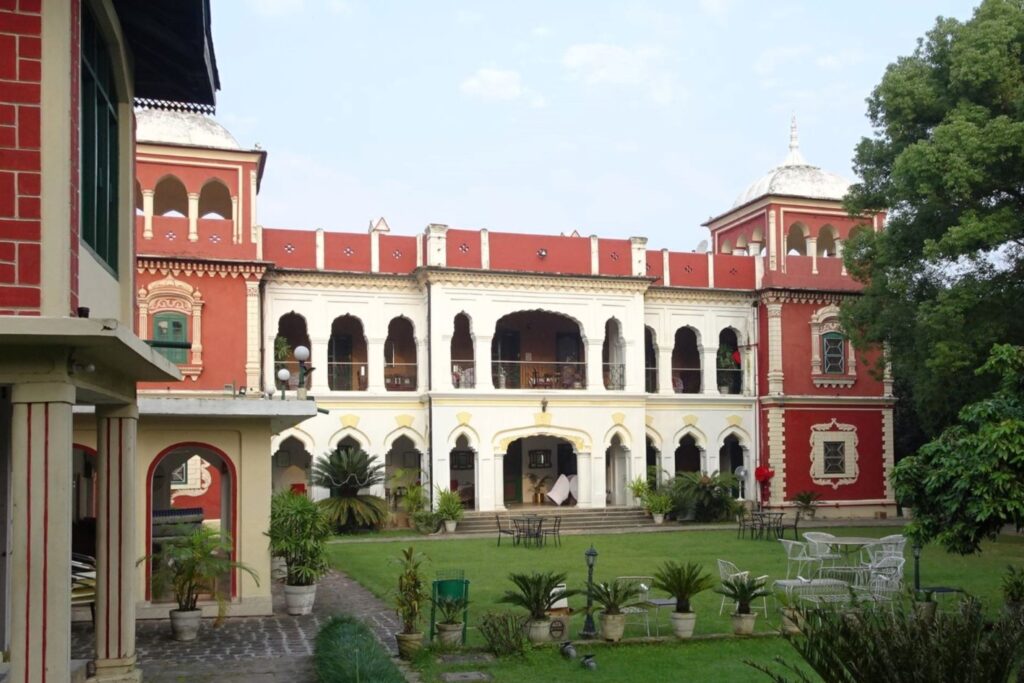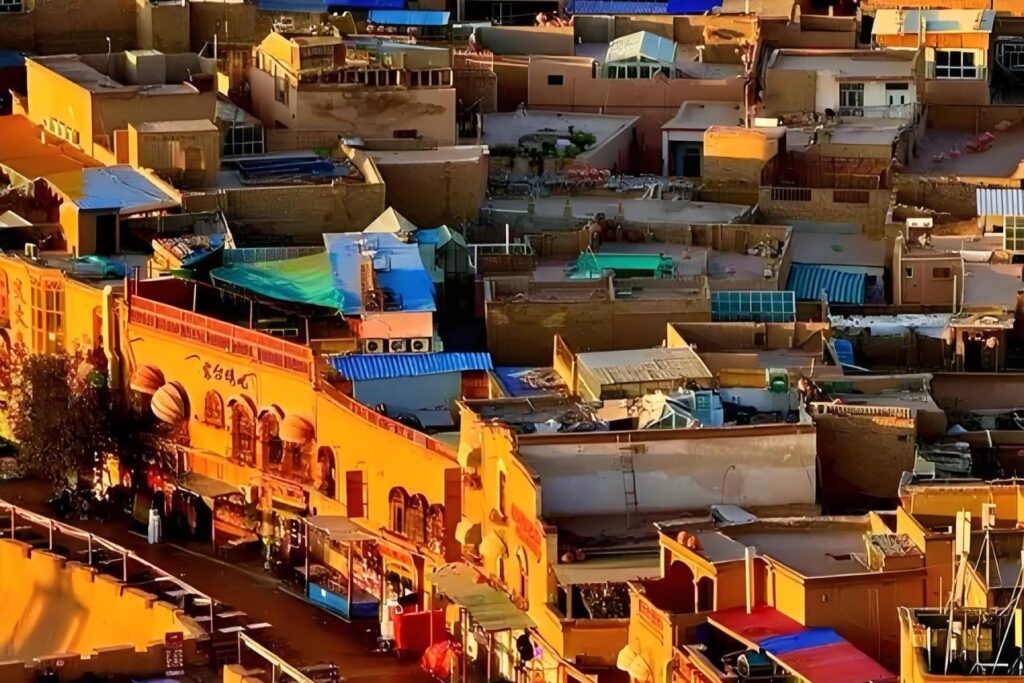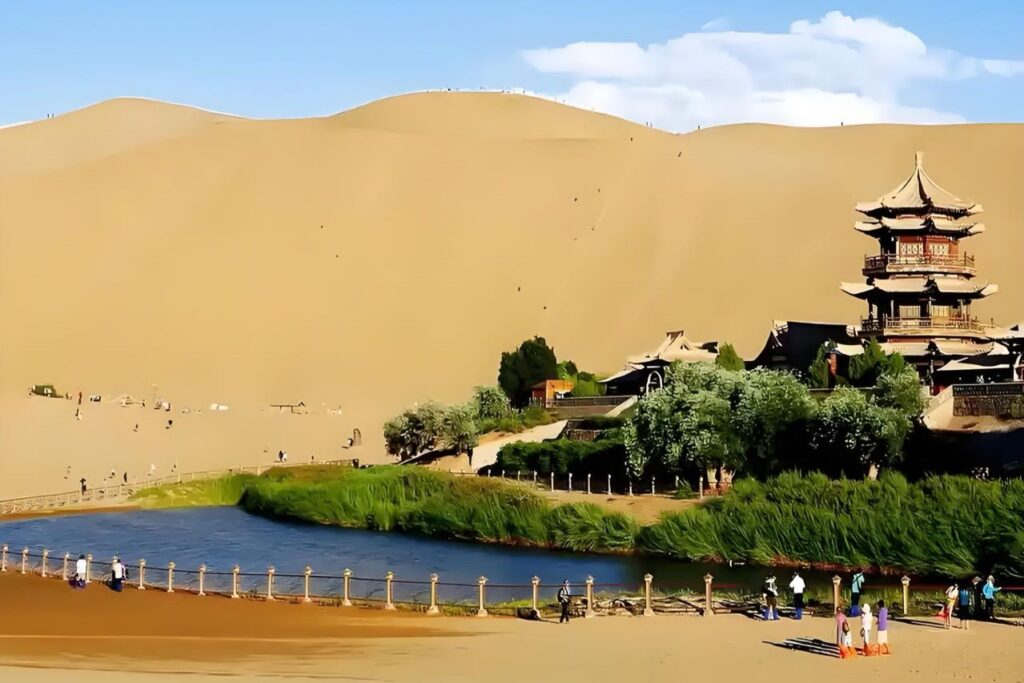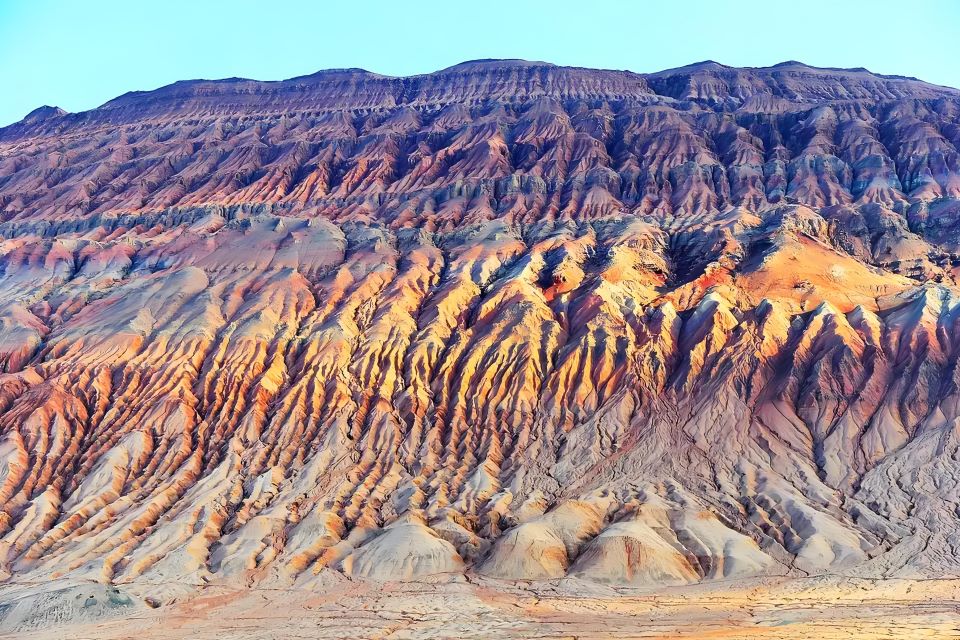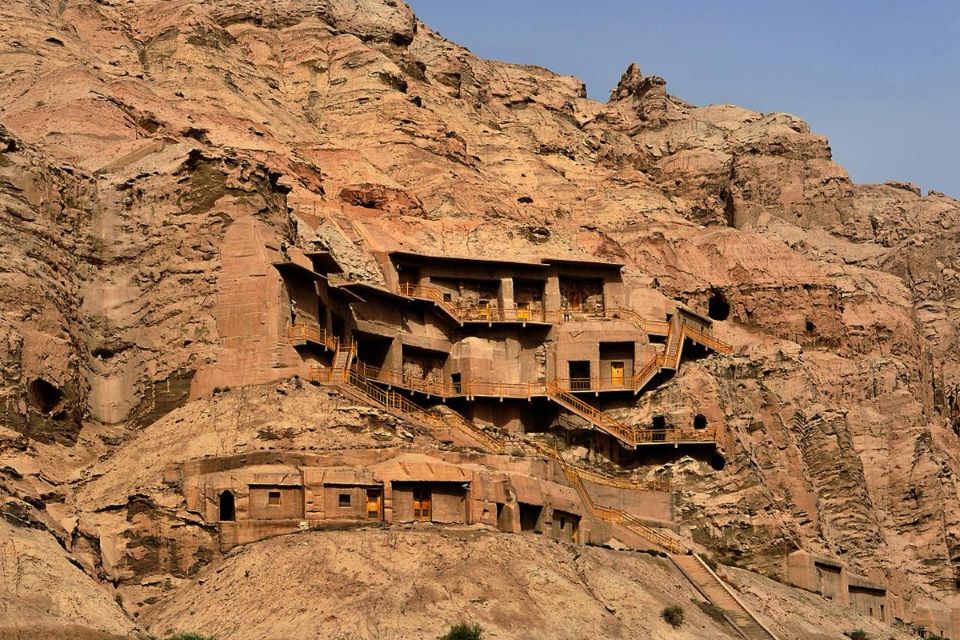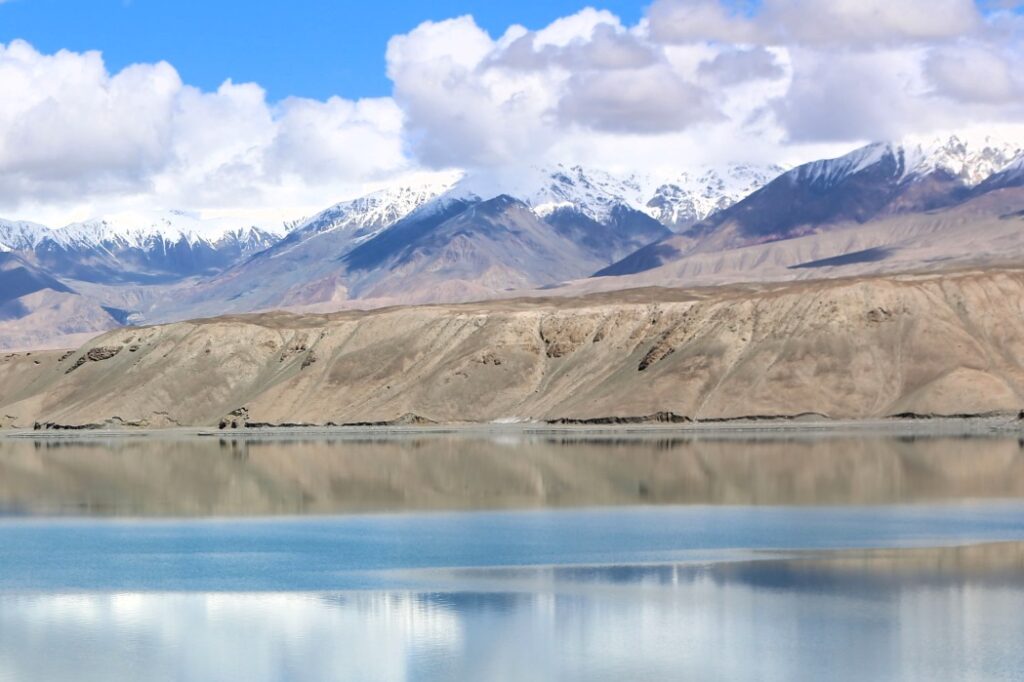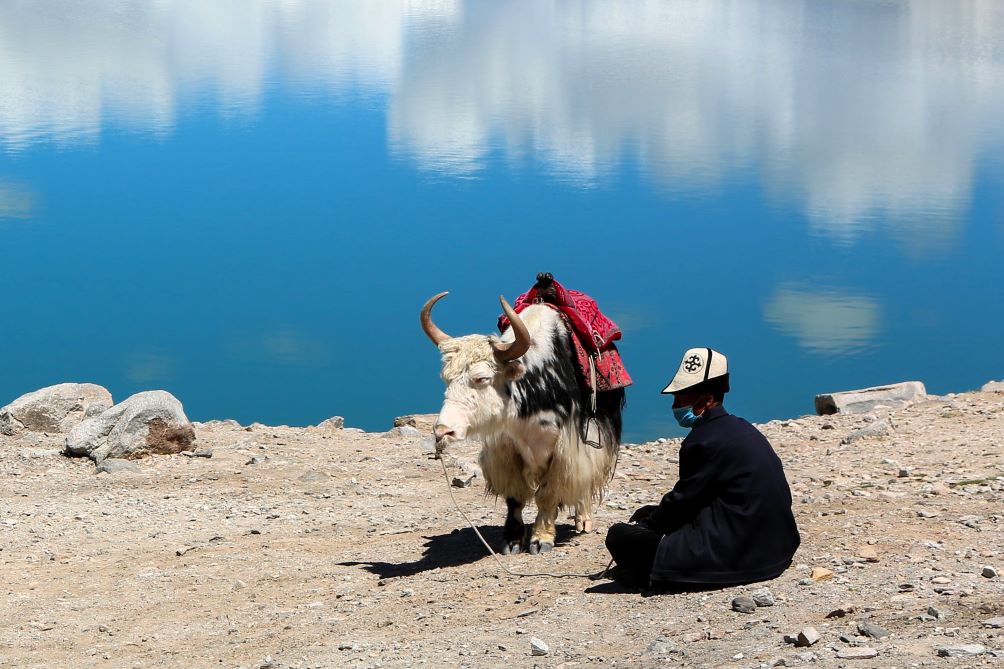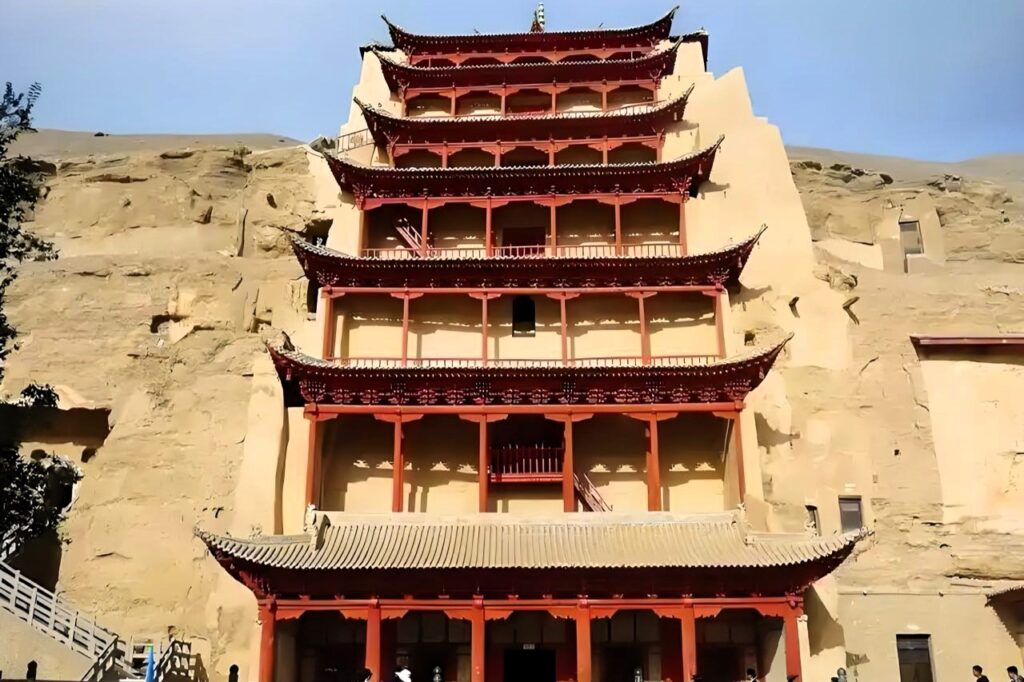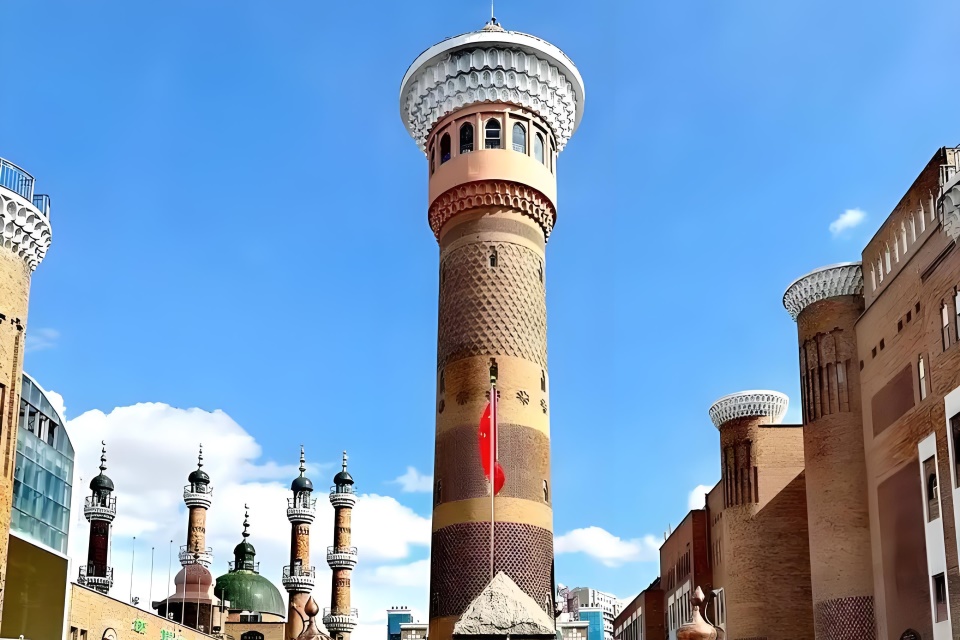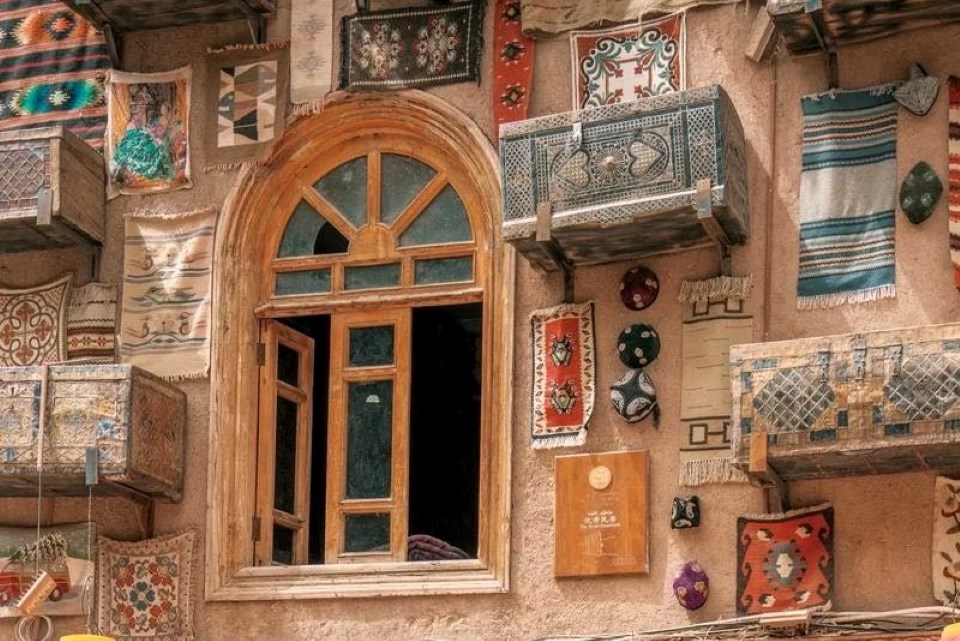Overview
Embark on a cultural journey through India’s iconic Golden Triangle, exploring Delhi, Agra, and Jaipur’s rich heritage. Extend your adventure to Jhansi and Khajuraho, renowned for their historical forts and exquisite temples, before concluding in Varanasi, the spiritual heart of India, where ancient traditions thrive along the sacred Ganges.
Highlights of the tour
- Experience the timeless beauty of the Taj Mahal, one of the Seven Wonders of the World.
- Explore the stunning UNESCO World Heritage temples of Khajuraho, famous for their intricate erotic sculptures.
- Witness the spiritual rituals at the ghats of Varanasi along the sacred Ganges River.
- Discover the grandeur of Amber Fort in Jaipur, a stunning blend of Rajput and Mughal architecture.
- Delve into the history of Jhansi at the impressive Jhansi Fort, a symbol of resistance during the Indian Rebellion of 1857.
- Visit Delhi's iconic landmarks, the Qutub Minar and Humayun's Tomb, showcasing Mughal architectural brilliance.
Itinerary
Welcome to Delhi!
Upon arrival in Delhi, you will be greeted and transferred to the hotel for a two-night stay. The rest of the day is yours to enjoy at your leisure, culminating with a welcome dinner at a local restaurant in the evening.
Embark on a full-day sightseeing tour of Delhi, starting with a morning tour of Old Delhi. Experience Chandni Chowk's bustling lanes from a cycle rickshaw. Visit iconic landmarks like Jama Masjid and Raj Ghat, a memorial to Mahatma Gandhi.
In the afternoon, explore Lutyen's Delhi and visit Humayun's tomb, known for its splendid architecture. Conclude your tour with a visit to the majestic Qutub Minar, a 73-meter tall victory tower built in 1193.
After enjoying breakfast at the hotel, set off on a scenic drive from Delhi to Jaipur. Upon arrival, check into your hotel and take some time to unwind. In the afternoon, embark on a rickshaw cycle tour through the bustling bazaar of the Old City. Each lane within the walled city is vibrant, chaotic, and filled with unique sights and experiences. Overnight stay in Jaipur.
After breakfast at the hotel, explore Jaipur, the "Pink City," named for its welcoming hue. Visit Amber Fort, ascending by jeep or elephant to this stunning 16th-century palace of red sandstone and marble. Stop briefly at the Hawa Mahal for photos, then tour the City Palace and its museum. Conclude with the Jantar Mantar, a remarkable 18th-century astronomical observatory. Overnight in Jaipur.
After breakfast, depart for Ranthambore National Park, a scenic three-hour drive. Upon arrival, check in at the resort and enjoy lunch. The afternoon is free for you to relax or explore the resort's facilities. Dinner and overnight stay at Ranthambore Regency.
Start your day with an early morning safari in Ranthambore National Park, known for its rich wildlife, including Bengal tigers, leopards, and diverse bird species. After the safari, return to the hotel for breakfast, then enjoy some free time to relax or explore the resort's amenities. After lunch, embark on your second safari of the day, delving deeper into the park's stunning landscapes and wildlife.
After breakfast at the hotel, set off by road to Agra, with a stop at Fatehpur Sikri along the way. This UNESCO World Heritage Site, originally named Sikrigarh, was renamed Fateh (Victory) after Emperor Akbar's conquest in the 16th century. The site features a stunning complex of royal palaces, courtyards, mosques, and various buildings, showcasing some of the finest examples of Mughal architecture in India. Within its walls lies the Jama Masjid Mosque, one of the largest in the country. Continue to Agra, where you'll check in at your hotel for an overnight stay.
After breakfast, explore Agra's iconic sites. Visit the Taj Mahal, the stunning white marble mausoleum built by Emperor Shah Jahan in 1653, and the Agra Fort, a grand 16th-century fortress where Shah Jahan spent his final days. Conclude with the Itmad-ud-Daula, often considered the inspiration for the Taj Mahal. Overnight in Agra.
After breakfast at the hotel, transfer to the railway station to board the train to Jhansi, a historic city in Uttar Pradesh and the gateway to Orchha and Khajuraho, key sites in the Bundelkhand region. Upon arrival, drive to Khajuraho, stopping en route at Orchha, a picturesque village by the Betwa River, known for its Mughal architecture, including Orchha Fort and Chaturbhuj Temple. Upon arrival in Khajuraho, check in at your hotel. Overnight in Khajuraho.
After breakfast, visit the world-renowned Khajuraho Temples, an UNESCO World Heritage Site known for their exquisite blend of spirituality and After breakfast, visit the world-renowned Khajuraho Temples, an UNESCO World Heritage Site known for their exquisite blend of spirituality and eroticism, dedicated to Shiva, Vishnu, and Jain deities. Later, transfer to the airport for your flight to Varanasi. Upon arrival, explore the city by foot and rickshaw, experiencing its ancient alleys, vibrant temples, and colorful bazaars. End the evening at Dasashwamedh Ghat, witnessing the Aarti ceremony on the Ganges. Overnight in Varanasi., dedicated to Shiva, Vishnu, and Jain deities. Later, transfer to the airport for your flight to Varanasi. Upon arrival, explore the city by foot and rickshaw, experiencing its ancient alleys, vibrant temples, and colorful bazaars. End the evening at Dasashwamedh Ghat, witnessing the Aarti ceremony on the Ganges. Overnight in Varanasi.
Begin your day with an early morning boat ride on the Ganges, witnessing the sacred bathing ghats and cremation sites. Visit the Viswanath Temple, known as the Golden Temple for its gold-plated towers, before returning to your hotel for breakfast. Explore Bharat Mata Temple, Durga Temple, and Tulsi Manas Temple, then visit Banaras Hindu University. In the afternoon, journey to Sarnath, the revered Buddhist site where Buddha first taught dharma. Overnight in Varanasi.
After breakfast at your hotel, transfer to the airport for your flight to Delhi. Upon arrival, you'll be greeted by our representative, who will assist with your departure arrangements.
Tour price
From: $ per person
Price vary for different departure dates and hotel options. Please feel free to contact us for a price quote using the contact form below.
Inclusions and Exclusions
Price includes:
- Hotel accommodation twin share ;
- Meals as indicated;
- Local tour guide services;
- Admission to tour attractions as per the tour itinerary;
- Ground transfers.
Price excludes:
- India entry visa;
- International and domestic airfares;
- Travel insurance;
- Hotel incidentals and other personal nature expenses.
Proposed hotel accommodation
For our tour, we’ve carefully selected each hotel to enhance your travel experience with comfort and unique local charm.
- Delhi: Hotel The Park offers a central location and modern amenities.
- Agra: Hotel Jaypee Palace combines luxury with proximity to the Taj Mahal.
- Jaipur: Hotel Shahpura House brings the essence of heritage charm.
- Ranthambore: Hotel Tigress Resorts and Spa ensures a close connection to the national park.
- Khajuraho: Hotel Ramada Plaza provides a tranquil environment.
- Varanasi: Hotel Rivatas offers scenic garden views.
Frequently asked questions
The best time to visit India depends on the region, but generally, the cooler months from October to March are ideal for most parts of the country. The weather is pleasant, and it’s suitable for sightseeing and outdoor activities.
Yes, most travelers need a visa to enter India. You can apply for an e-Visa online, which is available for tourists, business travelers, and medical visits. It’s advisable to apply well in advance of your travel dates.
Commonly recommended vaccinations for India include Hepatitis A and B, Typhoid, Tetanus, Diphtheria, and Pertussis (Tdap), and Malaria prophylaxis for certain areas. It’s best to consult with a travel health specialist for personalized advice.
Must-visit destinations include the Taj Mahal in Agra, Jaipur and Udaipur in Rajasthan, the backwaters of Kerala, the beaches of Goa, the temples of Varanasi, and the bustling cities of Delhi and Mumbai.
India can be safe for solo travelers, but it’s important to take precautions. Stick to well-known tourist areas, avoid traveling alone at night, and be cautious with your belongings. Women travelers should take additional safety measures, such as dressing modestly and staying in reputable accommodations.
Pack light, breathable clothing for the hot climate, and warmer layers if traveling in the cooler months or to mountainous regions. Comfortable shoes, a hat, sunscreen, insect repellent, and a reusable water bottle are also essential. Don’t forget necessary medications and travel documents.
Stick to bottled or purified water and avoid ice in drinks. Eat freshly cooked food and choose restaurants that are popular and have high turnover. Be cautious with street food, opting for vendors with good hygiene practices.
India has a range of transportation options, including trains, domestic flights, buses, taxis, and auto-rickshaws. Trains are a popular and scenic way to travel long distances, while taxis and rideshare apps like Uber and Ola are convenient for city travel.
Dress modestly, especially when visiting religious sites. Remove your shoes before entering someone’s home or a temple. Use your right hand for eating and passing items. It’s also respectful to greet people with “Namaste” and to avoid public displays of affection.
English is widely spoken in tourist areas, but learning a few basic phrases in Hindi or the local language can be helpful. Carry a phrasebook or use a translation app on your smartphone. Locals are often friendly and willing to help if you’re polite and patient.
